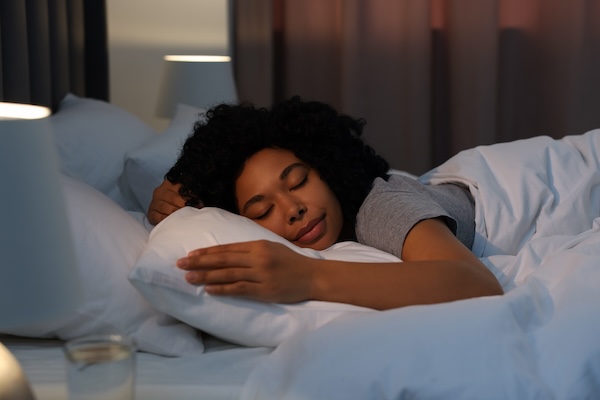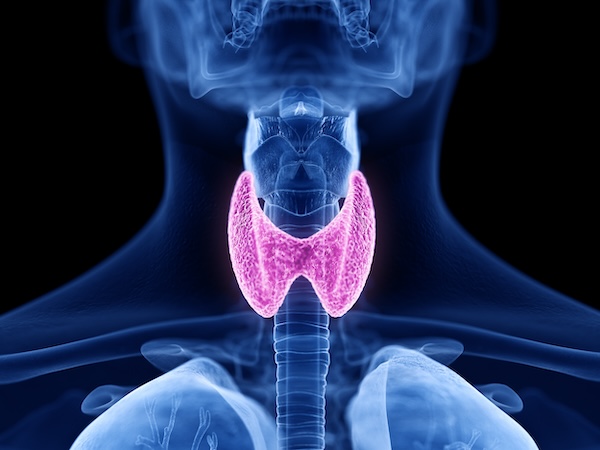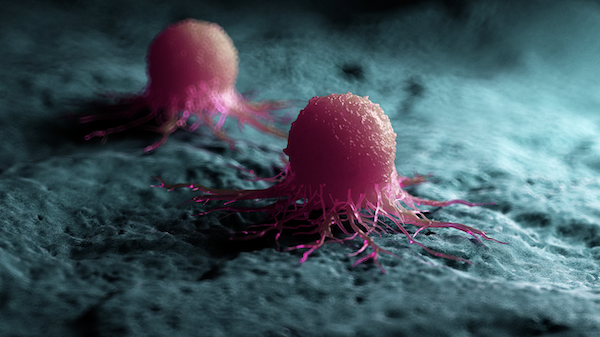
We know sleep is so important.
Anything you can do to make it so you sleep better at night improves a host of other medical issues, from dementia risk to weight gain.
We know there are foods that affect GI reflux. Fatty foods, alcohol, spicy foods are all implicated in reflux — that “upset tummy” or burning — which can affect sleep.
Can When You Eat Affect Sleep?
Prior studies seem to advocate to not eat right before bedtime. We know it can increase reflux for those who have it. But what do larger studies show?
2020 Study out of China, “Does the Proximity of Meals to Bedtime Influence the Sleep of Young Adults? A Cross Sectional Survey of University Students.” This study looked at 793 participants aged 18-29.
-
- They looked at eating meals within 3 hours of bedtime.
- One or more nocturnal awakenings
- Sleep onset after > 30 min
- Sleep duration of < 6 hours
Findings? They found that eating within 3 hours of bedtime was associated with waking up at night. It did not affect sleep onset or sleep duration.
___________________________________________
This was a study conducted Sept. 2021 out of U Michigan, “Associations between bedtime eating or drinking, sleep duration and wake after sleep onset: findings from the American time use survey.” They discuss how sleep hygiene is important. They have found conflicting information in the literature about the impact of mealtime.
Study:
-
- USA residents older than age 15
- Participants recorded weekly activity during a 24 hour period
- Age-specific sleep duration and wake-after-sleep-onset were looked at
- Eating and drinking were identified < 1 hour, < 2 hours, and < 3 hours before bedtime
What did they find?
They actually found those who ate < 1 hour had longer sleep times by about 30 minutes, but they also had more waking after sleep onset. They hypothesize that late night eating causes inefficient sleep, which caused an increase in sleep duration.
We know uninterrupted sleep is important. You need that deeper REM sleep to truly recharge. These studies didn’t look at the quality of the sleep. But if you are waking up more during the night, we know that is not good, and that can lead to increased dementia risk, weight gain, and other medical issues.

